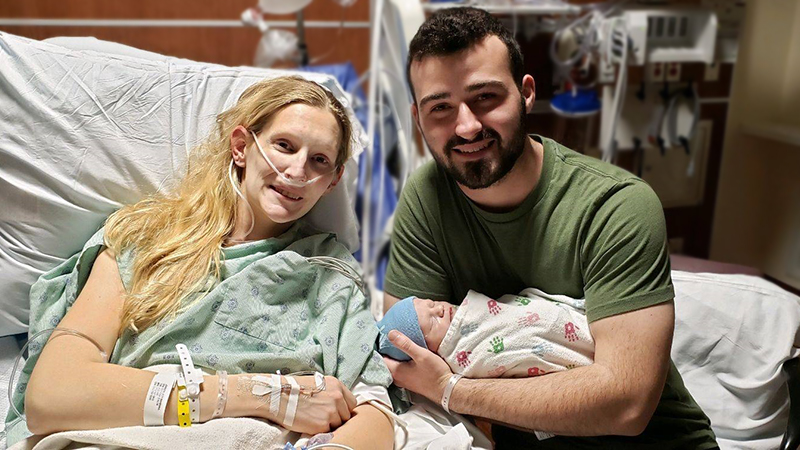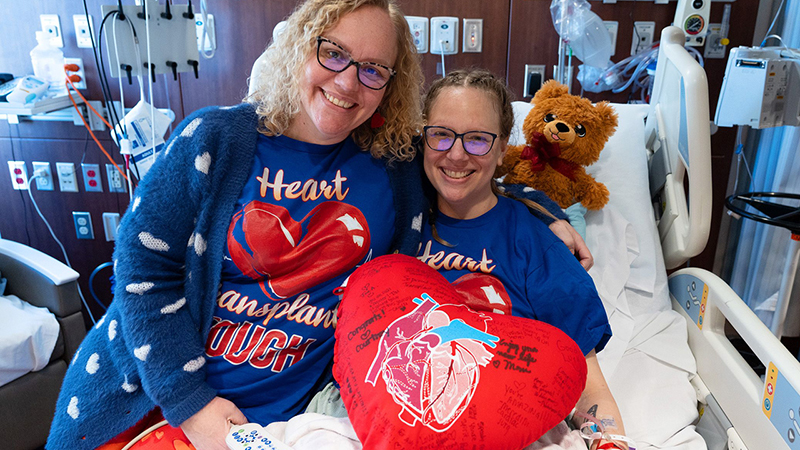Treating Cancer With Innovation
How John Avoided Surgery With Proton Therapy
Published September 2022
When John Forte, 67, of Greenwood, Indiana, learned he had prostate cancer, he wondered if it might just be something he would always have, since he had been monitoring it for several years. It was slow-growing and not as dangerous as some other cancers. So, John underwent regular biopsies and visits with his care team to make sure the cancer was in check.
"I thought it might be something I would just live with," he recalls.
But then his care team discovered a second area of cancer on the prostate, and this was a much more aggressive type than the original. Monitoring was not an option: They had to act.
Exploring Options
Having had two previous abdominal surgeries, John knew he wanted to avoid surgery if possible. He began looking for less invasive treatment options. His research led him to proton therapy and Northwestern Medicine.
"Knowing Northwestern Medicine by name and reputation, I was confident and comfortable with the service," John says. "Then, once I saw that proton therapy was effective and incredibly less invasive than conventional surgery, I was ready to pursue it."
Even though it was in Warrenville, Illinois — a few hours from home and in a different time zone — John contacted Northwestern Medicine Proton Center.
Proton Treatment
Radiation Oncologist Adil S. Akthar, MD, at the Northwestern Medicine Proton Center met with John and confirmed that he was a good candidate for proton treatment.
During the months of his treatment, John would sometimes drive to and from the center in the same day, about an eight-hour round trip. However, to relieve the demands of a constant daily drive, he would typically stay at a local hotel, a few days toward the end of each week, since the center had negotiated lower rates for patients. He did have friends near the proton center, but with the context of the COVID-19 pandemic, staying with them was not an option.
John says the treatment process was tiring but worth it. His most recent PSA scores are down — a positive sign that proton therapy did its job and stopped the cancer from progressing.
"After discussing all treatment options for John's prostate cancer, it was clear that the precision of proton therapy aligned most with his goal of minimizing potential negative impacts on quality of life and of continuing to enjoy his current lifestyle," says. Dr. Akthar.
Looking Forward
Though it can take a bit of time to get back to "normal" following cancer treatment, John says he's getting stronger and feels good. He says he is grateful not only to have received the care he did, but also to have received it in a way that prioritized his own goals, including avoiding surgery.
"Proton therapy gave me an option to avoid what I didn't want to do," he explains.







